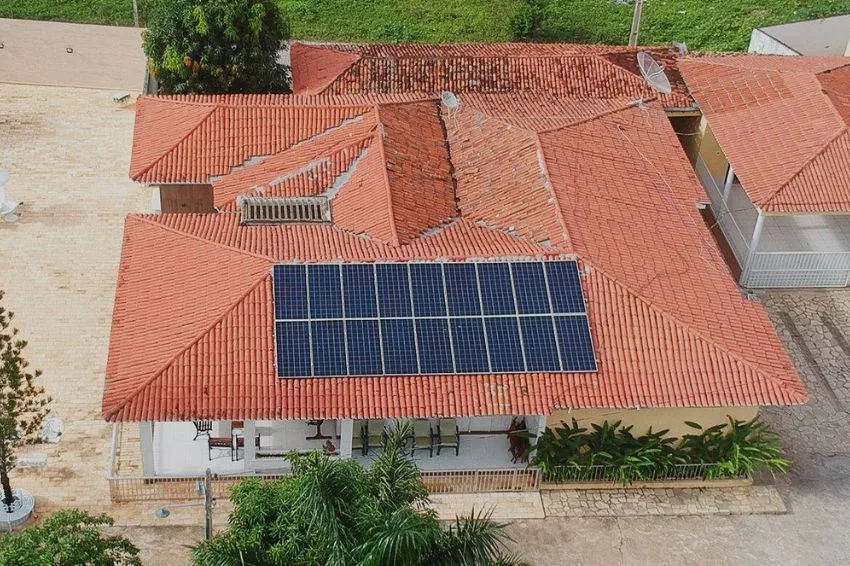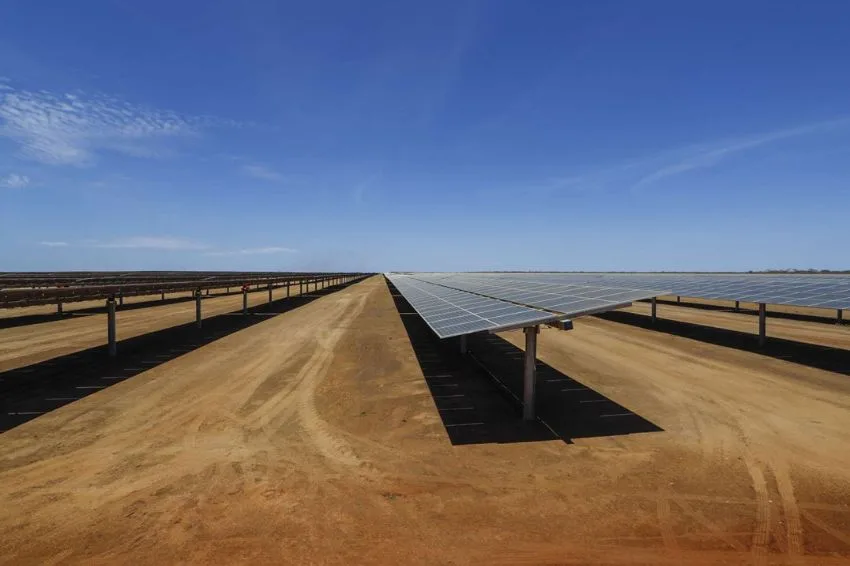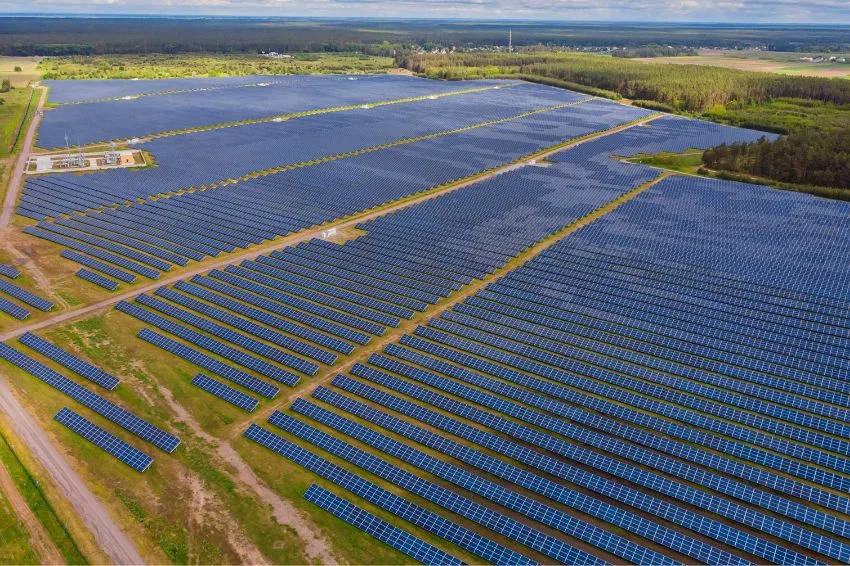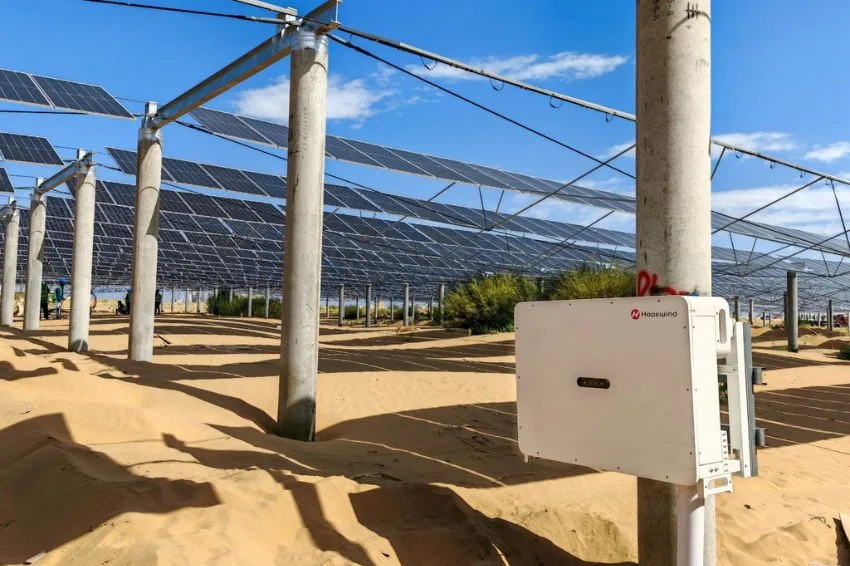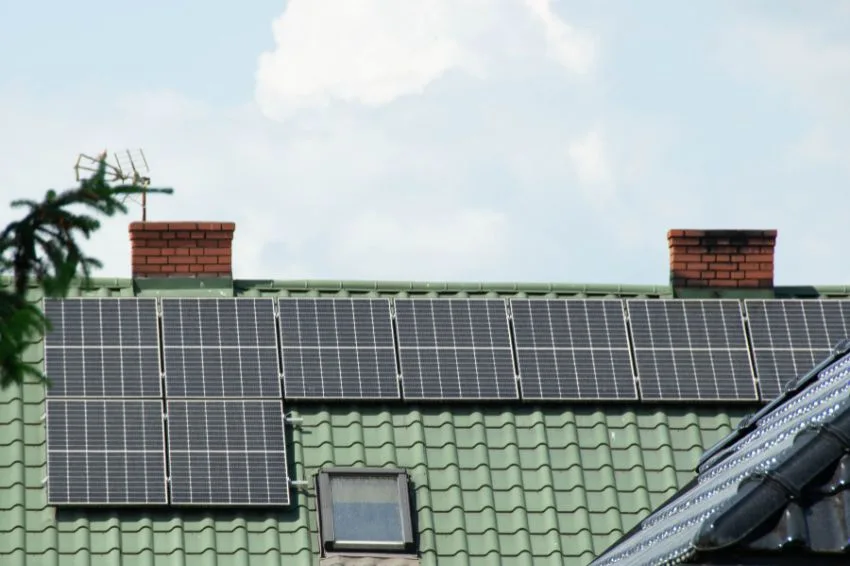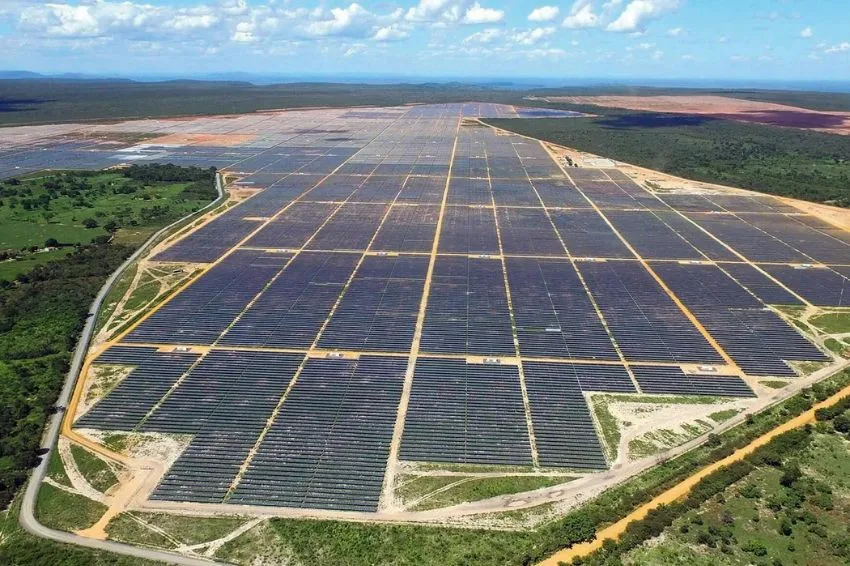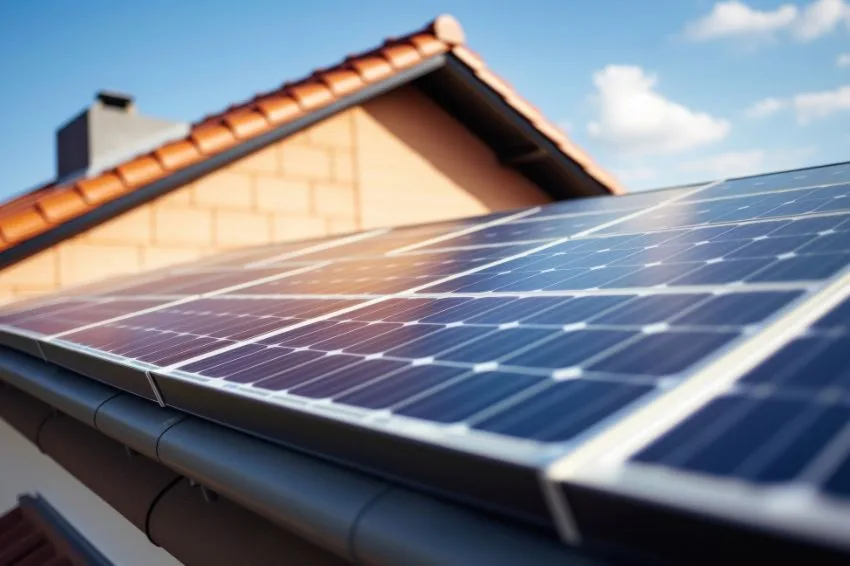One report recently published by Descarbonize Solutions - one energytech brand owner Aldo Solar, Sun Now and LADO – revealed that 76% of Brazilians would like to install solar energy systems in your residences.
Between the motivators For this, the possibility of reduction in the value of the electricity bill was the main one, having been mentioned by 91.4% of those interviewed.
The possibility of contributing to the reduction of environmental impacts comes hot on the heels of consumers' 62%.
Other reasons mentioned in the research include the alignment with new technologies (23%) and the interviewee's intention to increase your energy consumption (18%).
Tatiana Fischer, CMO of Descarbonize Soluções, assesses that the data shows that, more than just an interest in the subject, Brazilians are really seeking to know more and invest in solar energy.
“Recently, the Brazil reached the milestone of 2 million homes with solar energy systems on their roofs, especially with a view to saving on bills, but also with an interest in a sustainable vision”, she said.
Factors that prevent access to technology
Even with the interest in purchasing a photovoltaic system, for many Brazilians the financial investment is still one of the main impediments to acquire the technology.
In all, 40% of respondents said they have already done an investment simulation, with 34% of this portion carrying out simulations for their homes; 7% sought information from other people, such as friends or family; and 5% did for their companies.
Do Brazilians know what renewable sources are?
Regarding the Brazilians’ understanding of forms of energy generation, the Descarbonize survey asked which sources could be considered sustainable in the opinion of those interviewed.
To the The most remembered clean matrices were solar, wind and water energy to listeners' 92%, 87%, and 69%, respectively.
Less expressively, energies originating from organic matter (41%) were also mentioned; of the oceans (37%), and of the tides (34%).
However, Non-renewable energy sources were also cited by many interviewees as being sustainable, including those generated by natural gas (29%); mineral coal (22%); petroleum (17%), and the nucleus of atoms (11%).
“We can see that many Brazilians have knowledge about renewable energy sources, especially those that are most used in Brazil, such as solar, wind and hydraulic energy”, stated Tatiana.
She highlights, however, that the fact that some sources well known for not being clean were cited as being renewable, shows that the Brazilians still have many doubts about the subject.
“The study highlights the importance of the press and companies in the segment generating reliable data, ensuring that relevant information increasingly reaches the population”, highlighted the executive.
Do Brazilians know how solar energy works?
O study also sought to understand whether Brazilians have knowledge about solar energy. When asked how a photovoltaic system works, about 60.6% of respondents said they understand the system superficially.
Others 18% said they don't know how the solution works; while 16% claimed to have a lot of knowledge and only 5.4% claimed to have in-depth technical knowledge about the subject.
When asked about who can manage a solar plant, about 40% of the interviewees showed knowledge on the subject by correctly answering that the plants can belong to anyone who meets the required criteria.
However, the other 60% incorrectly indicated that, as far as they know, the plants belong only to private companies (33%); that the structures are owned by government agencies (5%) and the rest of the study participants were unable to answer (23%).
About the solar energy operation, about some myths and truths on the subject, part of the interviewees demonstrated knowledge on the subject by correctly answering questions that state that the solar energy produced can be stored (67%); that the energy produced can be distributed (57%); that the solar system works during the day and night (55%), and that the solar panels can be installed in any location (42%).
On the other hand, some respondents demonstrated that they did not master the topic in some basic points by stating, for example, that solar panels can only be installed in places with high solar incidence (33%); that the technology only works during the day (24%); that does not work on cloudy or rainy days (16%); that solar panels require a lot of maintenance (7%) and that it is not possible to have photovoltaic panels in apartments (7%).
“Although a significant portion of those interviewed demonstrated some knowledge of the topic, we can see that the entire subject surrounding solar energy generation still raises many questions for the population. At a crucial time for the use of renewable sources, it is clear that a basic problem, related to education on the subject, must still be a priority for institutions”, points out Fischer.
All content on Canal Solar is protected by copyright law, and partial or total reproduction of this site in any medium is expressly prohibited. If you are interested in collaborating or reusing some of our material, we ask that you contact us via email: [email protected].


